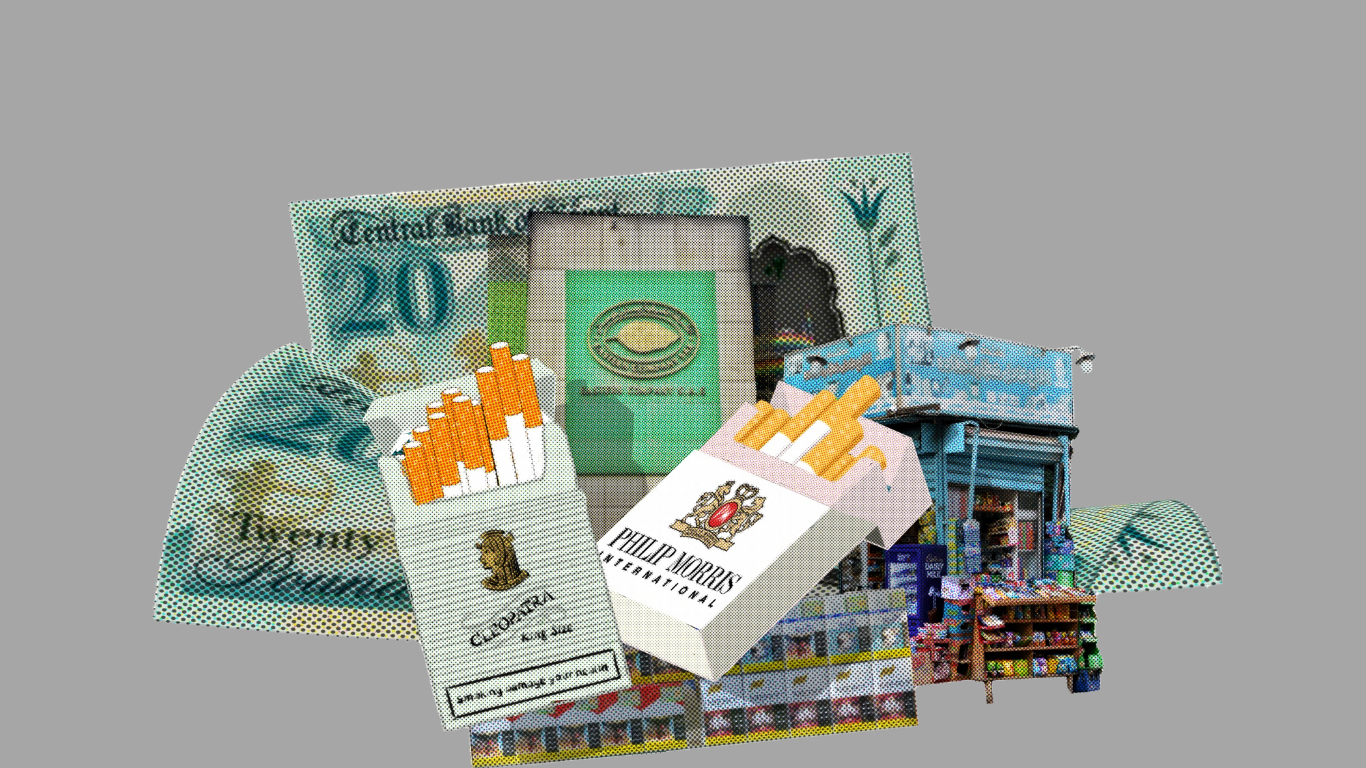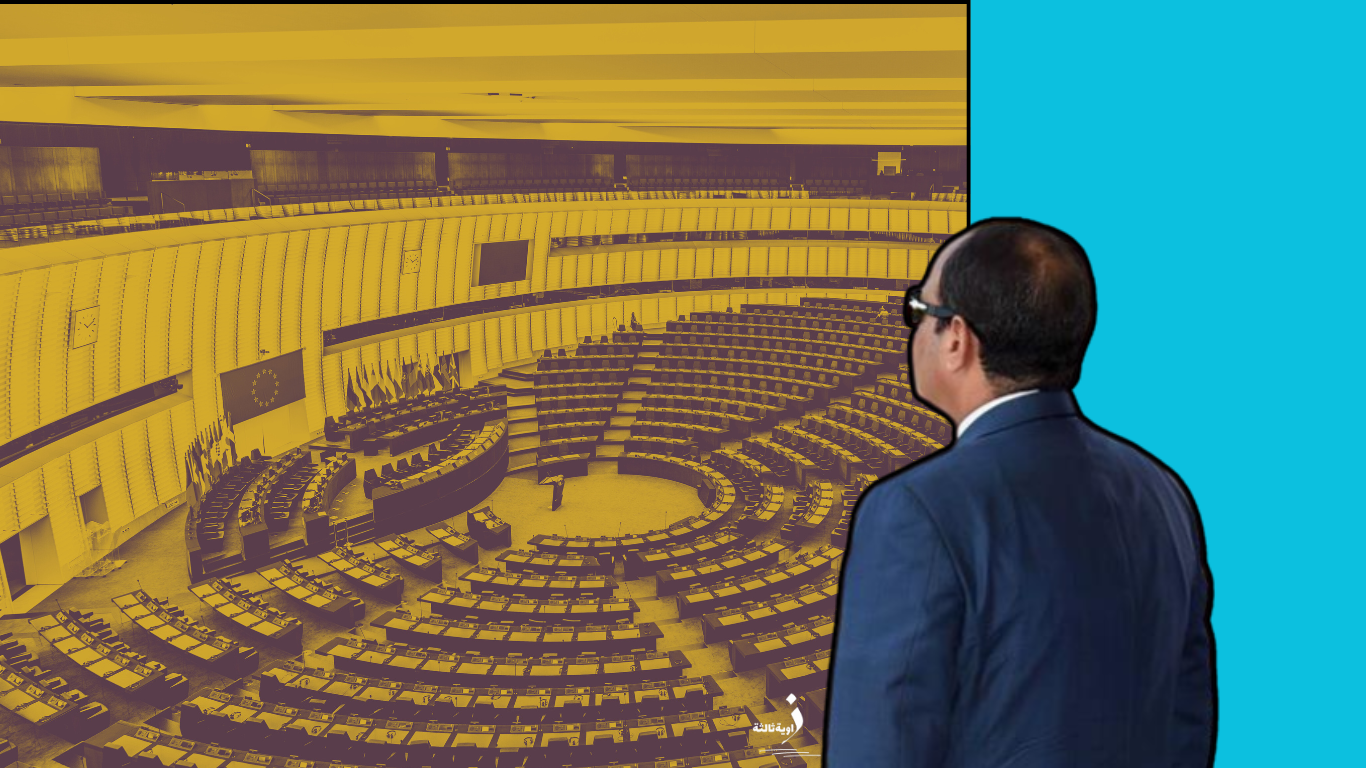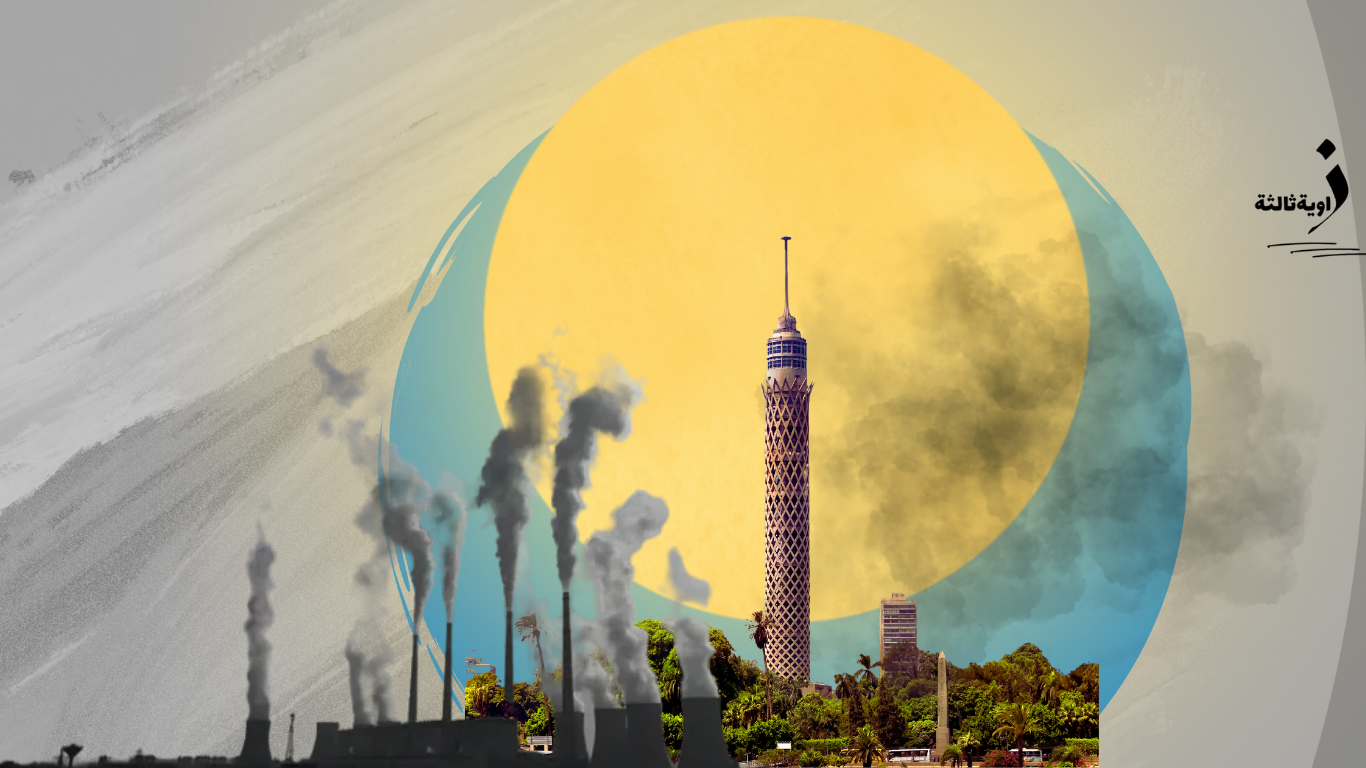The trade of used cooking oil in Egypt sheds light on this question. The annual estimated volume of used or discarded cooking oil is approximately 500,000 tons. In Egypt, a market for used cooking oil has emerged, with the trade valued at around 14 million, according to statements by Nour Al-Asal, the co-founder of the Egyptian startup Renewal Company. Al-Asal stated that there are currently 26 official companies operating in used cooking oil within Egypt. Their mission is to produce biodiesel, soap, and for export.
In Egypt, the collection of used oils from homes, restaurants, and hotels has become widespread. Collectors offer compensation, reaching up to 30 Egyptian pounds (0.98 dollars) per kilogram in certain areas of Cairo. They roam the streets, making announcements to housewives, allowing them to acquire quantities of used oils instead of attempting to dispose of them in sewage. Additionally, widespread advertising on social media offers individuals or entities willing to purchase used oil at prices not far from the value of new oil sold in commercial stores.
Social Media’s Used Oil Trade
Dozens of pages on the social media platform Facebook daily announce their need to purchase used cooking oils in exchange for relatively high amounts. This motivates citizens to engage with them rather than waste oil without benefit. Some pages declare competitive prices and encourage selling used oil to them rather than to unknown itinerant traders, emphasizing that their platform has all the necessary licenses for collecting and safely disposing of used oils.
The trade of used cooking oil on social media aims to recycle oils and sell them to factories using them in various industries such as biodiesel, soap, or diesel. According to a used cooking oil merchant, “This idea provides additional income for families and protects the environment from pollution.”
Saeed, a used oil merchant, told Zawia3 that he communicates with citizens through social media pages to purchase oil, then supplies it to exporters who export it abroad in dollars. He added that this project faces challenges in marketing, financing, transportation, storage, and sales, but it is witnessing significant interest from citizens.
Responding to a question about the legality of their situation, he added, “The legal status of selling used cooking oil in Egypt is not very clear.” He mentioned that some companies produce biodiesel from recycled cooking oil, such as the companies Renewal and Delta Oil. He added, “These companies inform small traders and brokers that they have the necessary licenses and certificates to do so.” He concluded that he does not seek to know the legal opinion because his work ends once he delivers his goods to the factory.
The Unknown Journey of Oil
An unknown journey awaits the oil from the moment it is collected by collectors from homes. Hussam, a twenty-something who works in oil collection, roams the streets of Helwan using a loudspeaker, announcing that a kilogram of oil costs 27 pounds. He is assisted by a ten-year-old child who climbs houses to collect quantities from customers.
Hussam mentions that some citizens ask him about the fate of the oil after selling it. He tells them that he sells it to detergent factories, which use it in the production of soap and wax, with a very small profit margin representing one pound per kilogram. He adds that some brokers sell it to refineries that refine and clean it to be sold again as cooking oil.
Consumer Protection Law 181 of 2018, which regulates dealing with commercial fraud, punishes any “shortage or difference in the essential components of the product from the main specifications” as commercial fraud. The penalty ranges from 10,000 to 2 million pounds, and in case of harm to the consumer, the penalty can be imprisonment.
In an attempt to trace the journey of used oil and its potential use in some restaurants, as Hussam informed us, restaurant owners in Nasr City say it is unlikely to use used oils. Mohammed, an employee at a falafel and foul restaurant in Nasr City, Cairo, states that the oil used is new and unused. They deal with one well-known supplier for years who delivers daily to most restaurants in the area.
While Ahmed Abdel Hafeez, a shift manager at a restaurant in the same city, mentions that using used oil is practically impossible due to the foul smell it produces, which would be evident in the food. It is also possible to determine whether the oil is used or not by the appearance of foam when it boils.
Although none of the restaurant owners provided any statements indicating the use of used cooking oil residues, questions and doubts arise about the journey of used cooking oil. This includes the number of victims who have suffered diseases or poisoning due to the recycling of these oils. Additionally, there is concern about the rise in prices of basic commodities accompanied by the overcrowding of markets with goods of unknown origin but lower prices, with oil at the forefront. This is in addition to regular reports about the seizures conducted by authorities on a quasi-daily basis for illegal factories filling and selling oils of unknown origin. For example, the Cairo Security Directorate announced the arrest of a merchant in the Al-Amiriya police station for distributing 3 tons of oil of unknown origin and without documents indicating its source.
Giza Governorate Cracks Down on Factory Recycling Used Cooking Oil from Homes and Restaurants, Selling It Again
The head of the Waste Management Regulatory Authority at the Ministry of Environment, Tarek El-Arabi, announced a new mechanism to tighten control over the collection and recycling of used cooking oils. The oversight will be intensified on companies and factories involved in the recycling of used oils. El-Arabi stated in March 2023 that coordination has taken place between the Waste Management Regulatory Authority and the Industrial Development Authority to strengthen control over the informal market for collecting used cooking oils. He emphasized that the used oil from non-hazardous waste requires companies engaged in the collection and transportation of these oils to obtain licenses from the Waste Management Regulatory Authority under the Ministry of Environment.
Recycling for Environmental Benefit
Mariam Afifi, the founder of the Green Pan Initiative specializing in collecting and recycling used cooking oils, mentioned that they provide recycling services for used cooking oil in various chemical industries, including biofuel. This is carried out through a company that holds all the required permits from relevant authorities, including the Ministry of Health, and has an International Sustainability and Carbon Certification (ISCC).
The initiative communicates with the public through social media, a dedicated application, and a hotline to collect used oils in different quantities through their representatives in various governorates. They exchange these oils for goods such as oils and soaps, which they announce periodically on their widely-followed pages.
Three years ago, newspapers reported the signing of a cooperation protocol between the Waste Management Regulatory Authority and the private sector companies (Afco and Tadweer). The protocol aimed to integrate women into environmental work through the “You Are the Beginning” initiative. The initiative aimed to empower women to manage household waste and educate their families about recycling all used cooking oils.
Health Hazards Leading to Death
Dr. Sherine Ali Zaki, the Deputy Head of the General Syndicate of Veterinary Doctors and the Chair of the Food Safety Committee, warns against the use of used oil. She states to “Zawia3” that used oil loses some or all of its natural properties during use. Its quality decreases, viscosity changes, acidity increases, moisture content rises, and metallic impurities accumulate, causing the color to darken and the smell to change. All of these factors signal the risks of recycling or refining such oils for food use.
She adds that violent chemical changes occur in the oil, dependent on various factors, during use and exposure to heat, resulting in the degradation of its nutritional components. Oxidation occurs, forming harmful impurities. Oils deteriorate due to exposure to light and oxygen, altering their natural properties. Therefore, refining oils in the ways seen in some amateur videos is a crime against our health. Dr. Zaki calls for opening the file in parliament, paying attention to the regulatory measures taken by the Ministry of Environment and Supply Investigation, arresting all those wandering around cities and villages buying used oil from homes, and implementing strict supervision on used restaurant oils.
In 2021, the Egyptian Ministry of Environment launched an initiative urging citizens not to dispose of used oil in garbage or through sewage systems and offered an exchange program for new oil.











